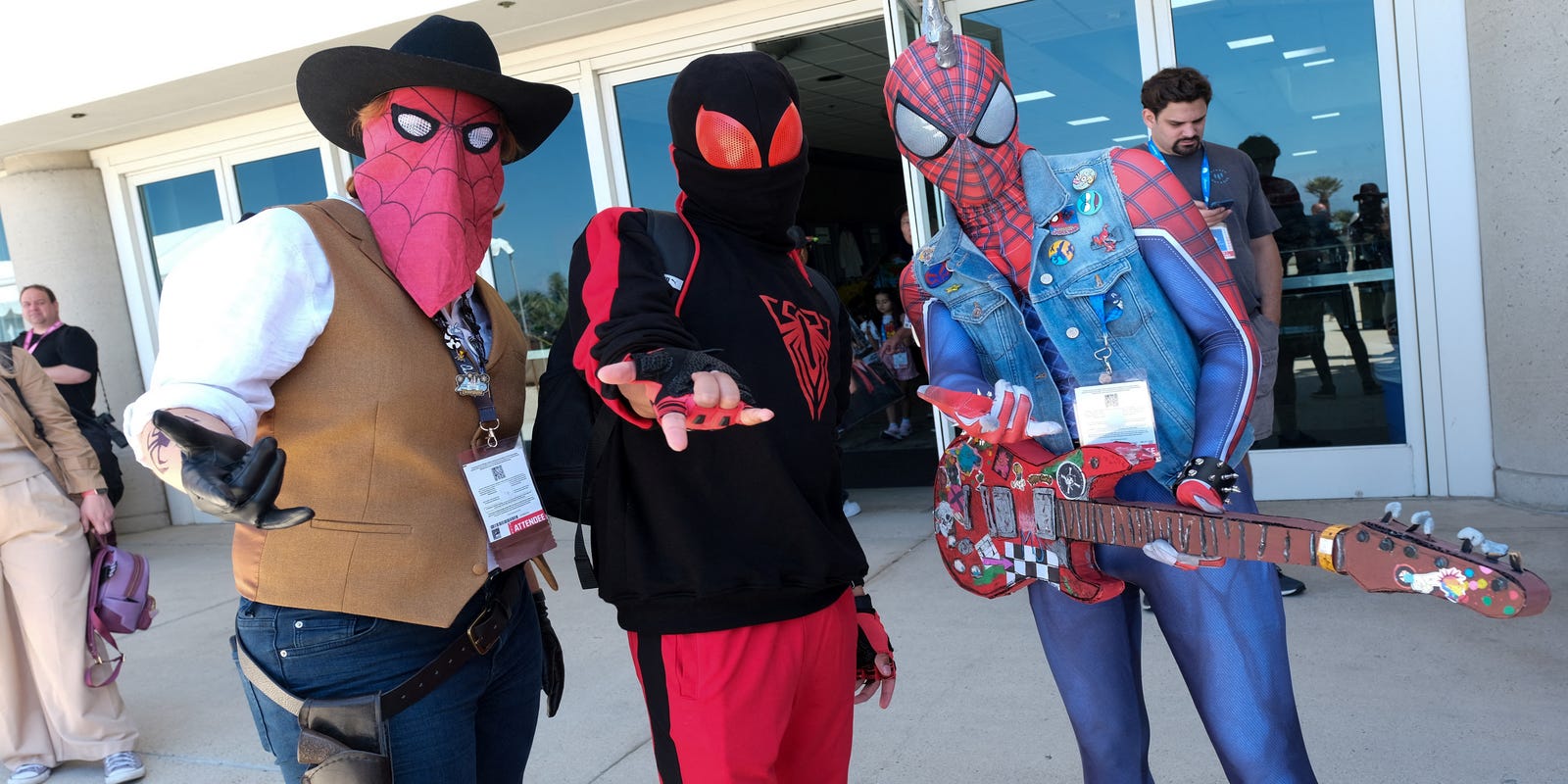Beyond Belief: How Fandoms Are Becoming the New Sacred Spaces of Modern Culture

Inside the Vibrant World of Comic-Con: A Sociological Perspective
When it comes to understanding the cultural phenomenon of Comic-Con, few experts are as insightful as Michael Elliott, a distinguished sociologist and professor at Towson University. Elliott has dedicated significant research to unraveling the complex social dynamics and passionate community that define this extraordinary event.
Through his extensive studies, Elliott reveals that Comic-Con is far more than just a gathering of fans—it's a unique social ecosystem where creativity, identity, and shared passion converge. Attendees don't merely consume pop culture; they actively participate in crafting a rich, immersive experience that transcends traditional entertainment boundaries.
The convention represents a fascinating microcosm of contemporary fan culture, where individuals from diverse backgrounds find connection through their mutual love of comics, movies, television, and gaming. Elliott's research highlights how these gatherings provide participants with a sense of belonging and community that extends far beyond the event itself.
By examining the intricate interactions, elaborate cosplay, and passionate discussions that characterize Comic-Con, Elliott offers a compelling sociological lens into how modern fan communities form, interact, and express their identities in increasingly complex and interconnected ways.
